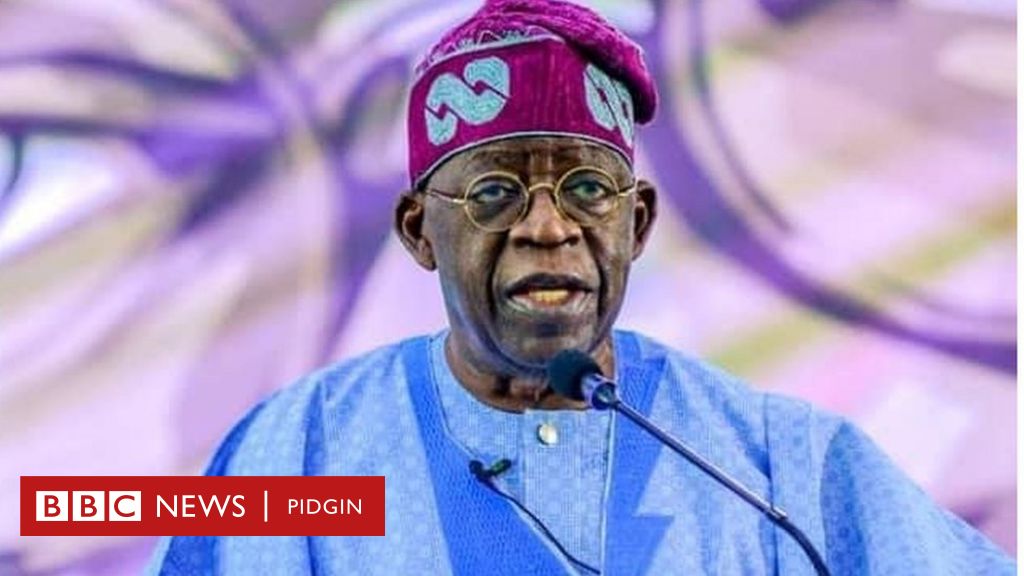Nigeria’s Terrorism Cornucopia: Is There a Way Forward?
The Definitional Dilemma of Terrorism
The term “cornucopia” traditionally symbolizes abundance and prosperity, but when applied to terrorism, it paints a grim picture of proliferating extremist violence. The very definition of terrorism remains hotly contested in global discourse, with perspectives varying dramatically based on political orientation and national interest.
The United Nations Security Council (2004) defines terrorism as any violent act intended to intimidate populations or coerce governments. Terrorism scholar Alex P. Schmid (2011) characterizes it as an anxiety-inspiring method of repeated violent action where direct targets aren’t the main objectives. Meanwhile, Noam Chomsky’s provocative analysis suggests that applying standard definitions would implicate major world powers, including the United States, in terrorist activities.
The Hypocrisy of Power in Defining Terrorism
Chomsky’s argument reveals three critical observations:
- Major powers operate outside conventional legal frameworks regarding force application
- Nations like the U.S. and Israel resist international judicial oversight of military actions
- Superior military capability enables powerful states to bomb adversaries into submission
These dynamics manifest clearly in contemporary conflicts like the Israel-Hamas war, U.S.-Iran tensions, and the Russia-Ukraine conflict.
The Nigerian Context: A Perfect Storm of Violence
For Nigeria’s purposes, terrorism encompasses extreme violence against civilians for purposes including:
- Ethnic cleansing and land annexation
- Forced religious conversion
- Destruction of historical evidence
- Systematic rape and kidnapping
- Ritual murders and nihilistic destruction
The country faces what can only be described as a terrorism cornucopia, where insurgency represents just one facet of a multifaceted security crisis. These asymmetric conflicts feature:
- Random attacks on civilians and government institutions
- Genocidal campaigns and sexual violence
- Economic and ideological motivations
- Local collaboration through coercion or persuasion
The Global Terrorism Landscape
Recent decades demonstrate terrorism’s borderless nature through devastating attacks worldwide:
Western Attacks
- 9/11 (2001): 3,000 killed in coordinated plane hijackings
- London Bombings (2005): 52 dead in transport system attacks
- Oklahoma City (1995): 170 killed in anti-government bombing
Global Incidents
- Mumbai (2008): 166 killed by Lashkar-e-Taiba militants
- Beslan School Siege (2004): 334 dead including 186 children
- Karrada Bombing (2016): 300+ killed by ISIS in Iraq
Nigeria’s Devastating Toll
The human cost of Nigeria’s security crisis is staggering:
- 50,252 fatalities between 2006-2021 (National Library of Medicine)
- Over 100,000 deaths attributed to Boko Haram and ISWAP
- Approximately 2 million internally displaced persons
Section 14 of Nigeria’s Constitution mandates that “the security and welfare of the people shall be the primary purpose of government” – a provision currently failing millions of citizens.
Current Counterterrorism Approaches
Nigeria has implemented various strategies including:
- Military redeployments and joint operations with neighboring states
- Kinetic and non-kinetic operations through the Multinational Joint Task Force
- Controversial “repentant terrorist” rehabilitation programs
Yet the violence persists, particularly across Northern Nigeria and the Middle Belt, with worrying signs of southern spread. Nigeria ranks among the top 10 countries in the 2025 Global Terrorism Index alongside Afghanistan, Syria, and Somalia.
The Path Forward
As terrorist groups like Boko Haram, ISWAP, and Ansaru continue operations in the north, while kidnappings and ritual murders plague the south, Nigeria faces an existential security challenge requiring:
- More sophisticated intelligence capabilities
- Regional cooperation enhancement
- Addressing root causes of radicalization
- Protecting vulnerable communities
The concluding part of this analysis will explore potential solutions to Nigeria’s security quagmire.
Ojumu is Principal Partner at Balliol Myers LP and author of “The Dynamic Intersections of Economics, Foreign Relations, Jurisprudence and National Development.”
Credit: The Guardian Nigeria












